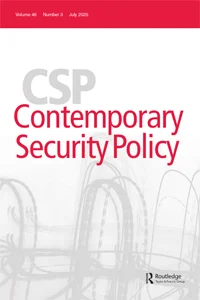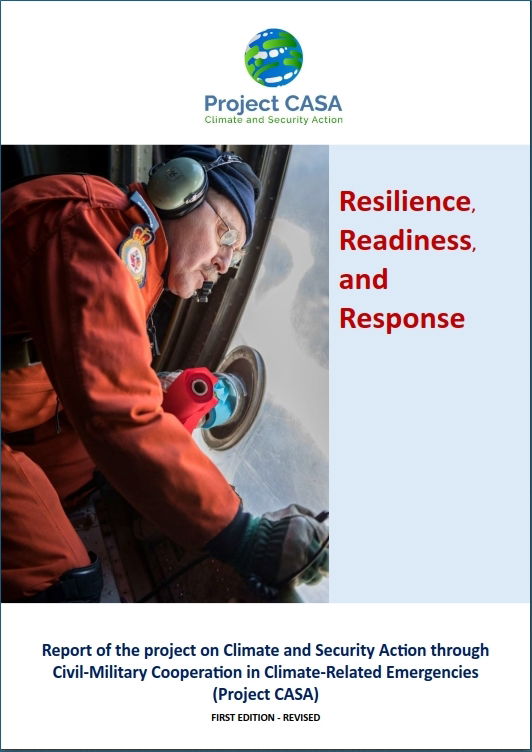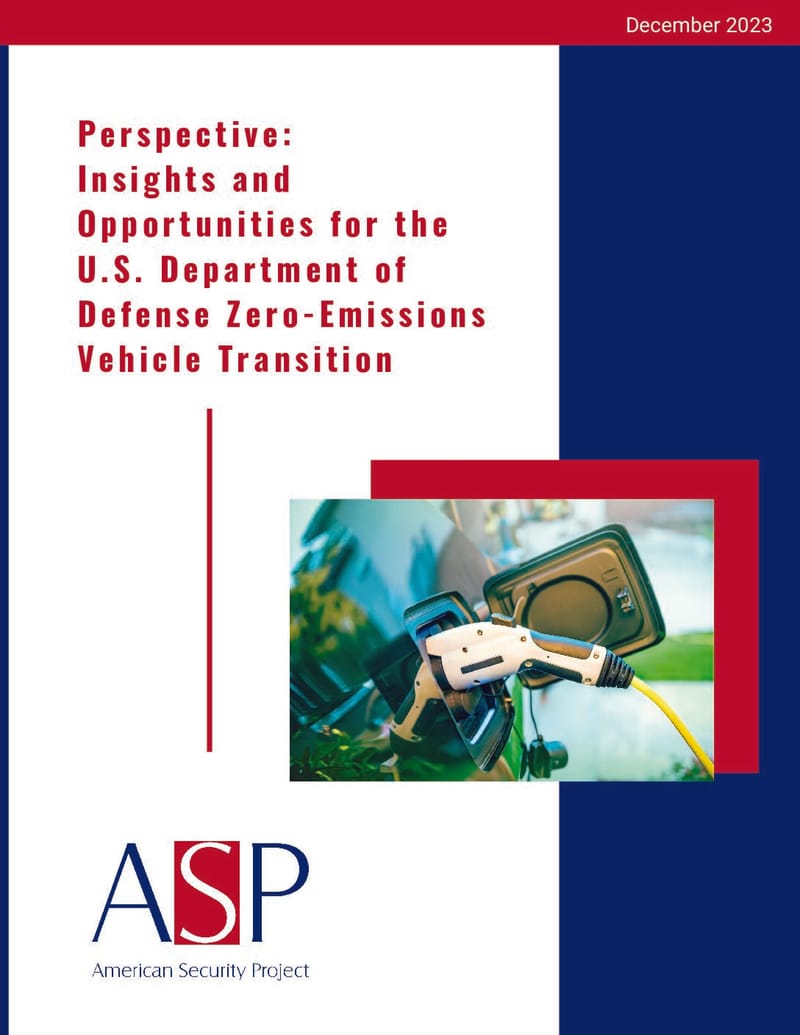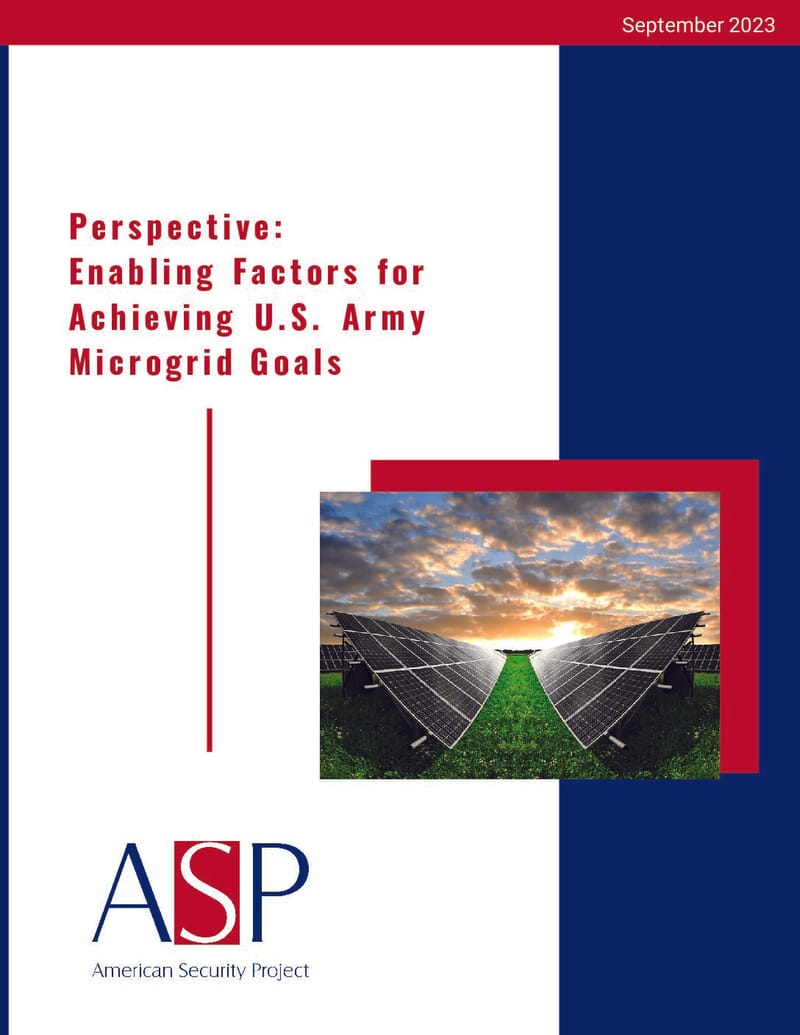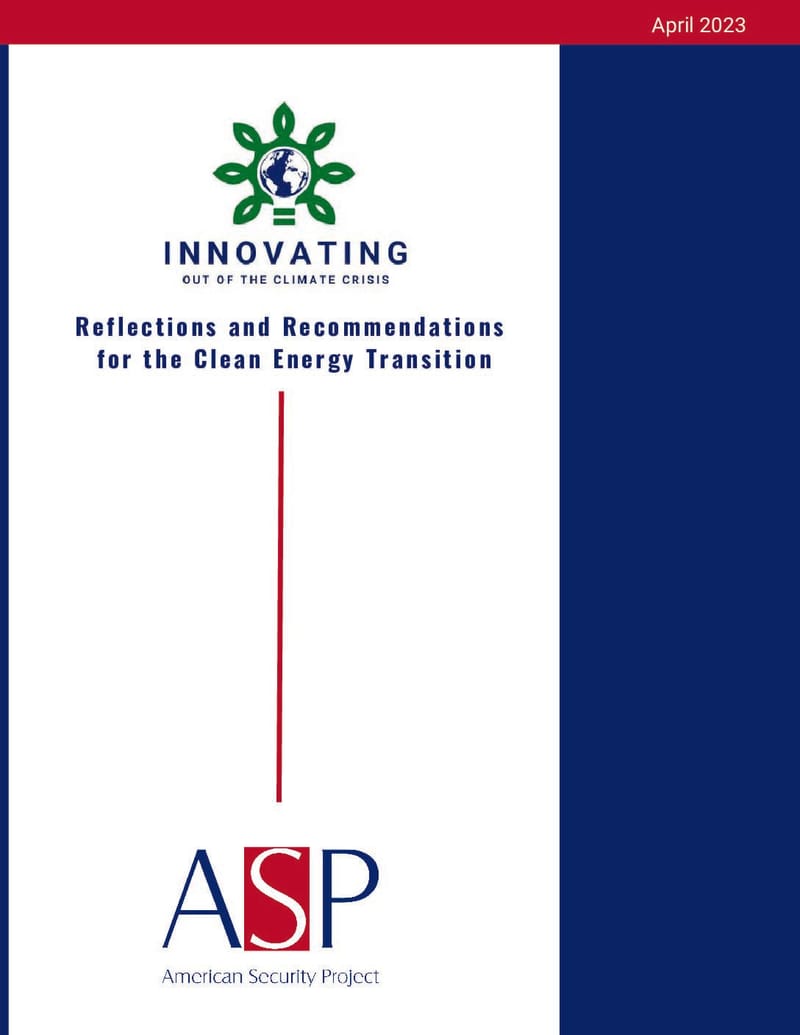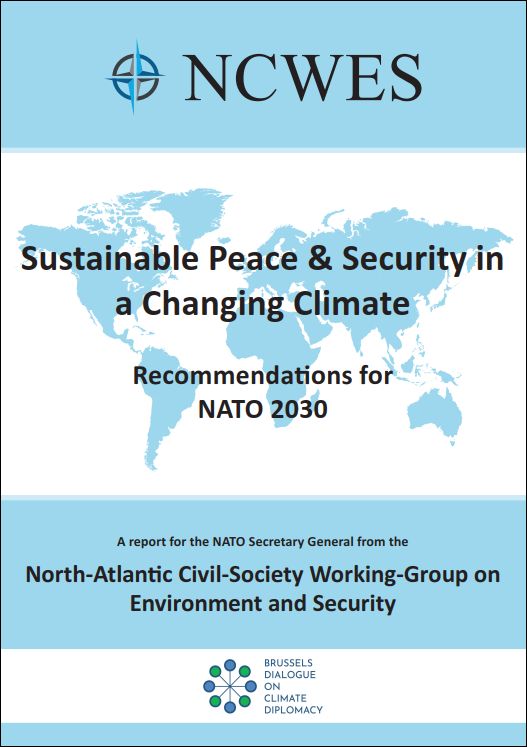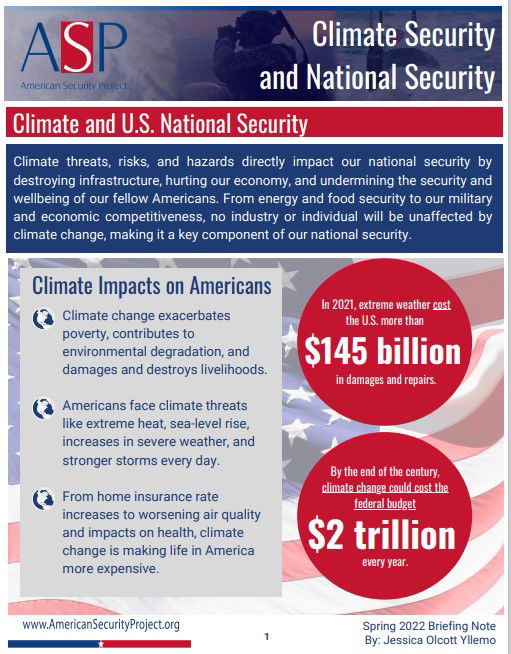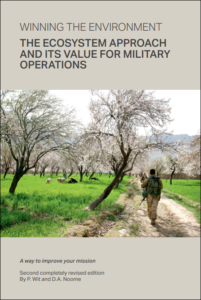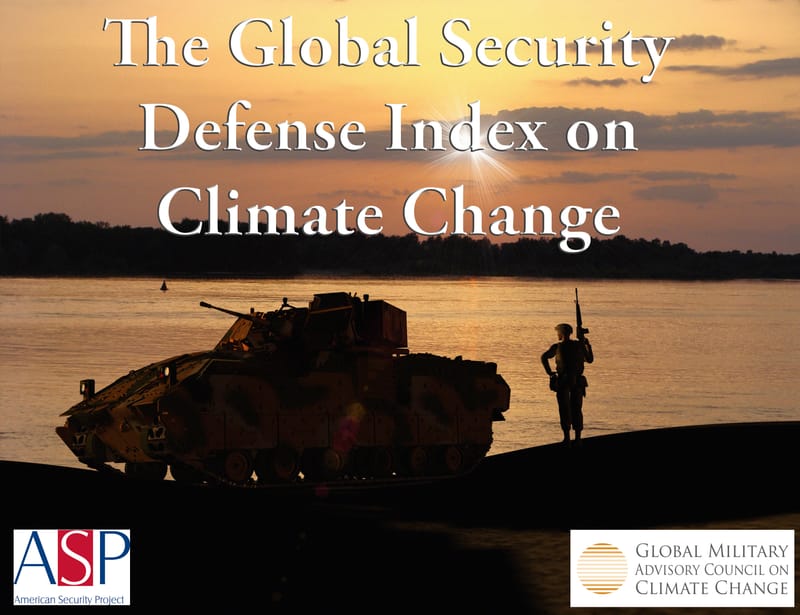MEMBER PUBLICATIONS
The article authors argue that compared to twenty years ago the military is readily involved in climate security and that “the focus has shifted from a concern with environmental security to an almost exclusive concern with climate security. ... Drawing on lived experience, observation, and readings of the literature, this article advances a series of propositions that together aim to examine whether there really is a change in perception of the military among environmental security scholars, and, if so, why it occurred.
Read MoreThis groundbreaking report- Resilience, Readiness, and Response -serves as both a critical resource and a call to action for policymakers and practitioners grappling with climate-worsened disasters. Based on global data collection and country surveys completed by military and government officials and non-governmental experts, the report examines trends in military responses over time, the resources and mechanisms used by militaries, and the onsequences for force structure and readiness.
Read MoreASP created this report to educate and inform policymakers and key stakeholders about the objectives, challenges, and opportunities which exist as DoD continues its enterprise-wide fleet transition.
Read MoreTo better understand the nature of the microgrid requirement, ASP explored existing guidance, key research challenges, and other enabling factors which impact the Army’s ability to achieve its microgrid goals.
Read MoreClimate and energy security remain at the forefront of U.S. foreign policy and national security. Both the National Security Strategy (NSS) and National Defense Strategy (NDS) firmly establish energy resilience as key components of U.S. national security. Congress has also passed key pieces of legislation which sent important signals to public institutions and private industry to pivot away from fossil fuels to create a new domestic clean energy system.
Read MoreAn opinion article says world leaders should not sign off on NOAA’s Arctic Report Card without taking a hard look at its findings. They must initiate a process to define the Arctic we need for a safe climate, and then develop all-of-government and global strategies to get us there.
Read MoreThis report contains 116 policy options and practical recommendations to be considered in the NATO 2030 process contributed to help strengthen the organisation in a time of new environmental-related challenges in the interest of promoting sustainable peace and security for all.
Read MoreClimate change directly impacts our national security. It exacerbates existing threats, risks, and hazards, while simultaneously creating new ones. Climate is already impacting American infrastructure, American citizens, and the military. Understanding how climate functions as a threat multiplier is key to enhancing U.S. national security.
Read MoreThis book brings together the latest ideas from the author's unique and wide-ranging background in law, national security, risk management, behavioural economics, and emergency management.
Read MoreThis publication guides you through the understanding .. of how military operations may affect the people that depend on the products and services of nature, and what can be done to consolidate positive impacts and to avoid or reduce negative ones.
Read MoreThe Index analyzes how governments around the world and their militaries plan for and anticipate the strategic threats of climate change.
Read More